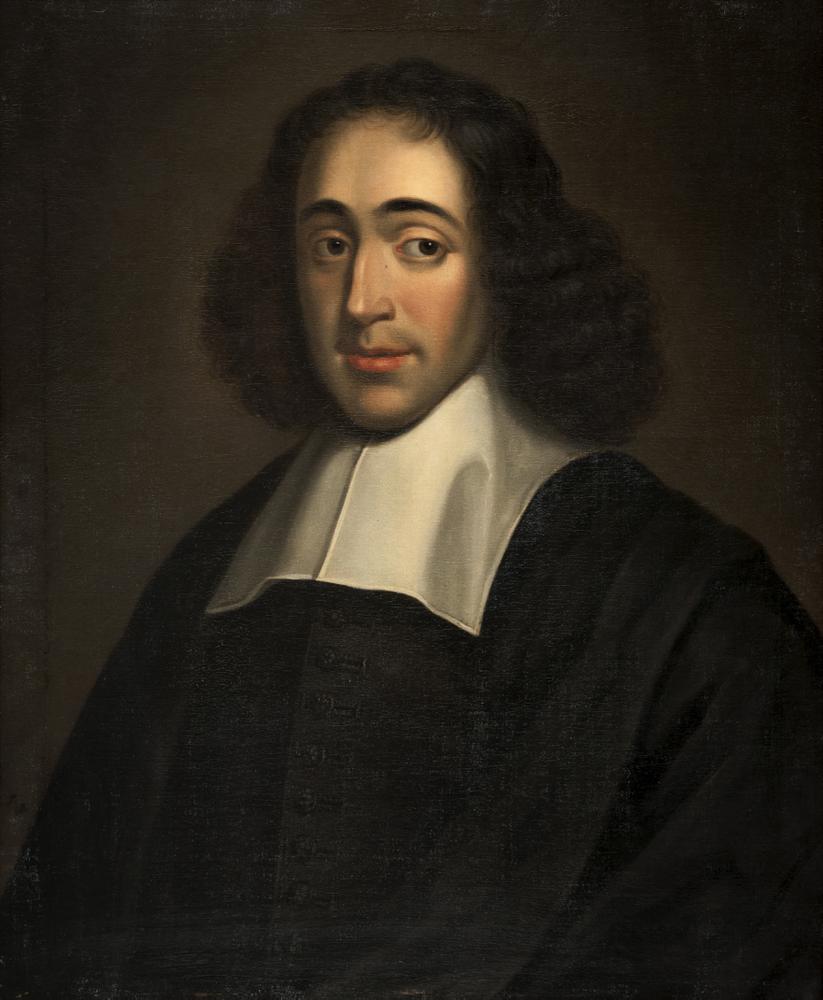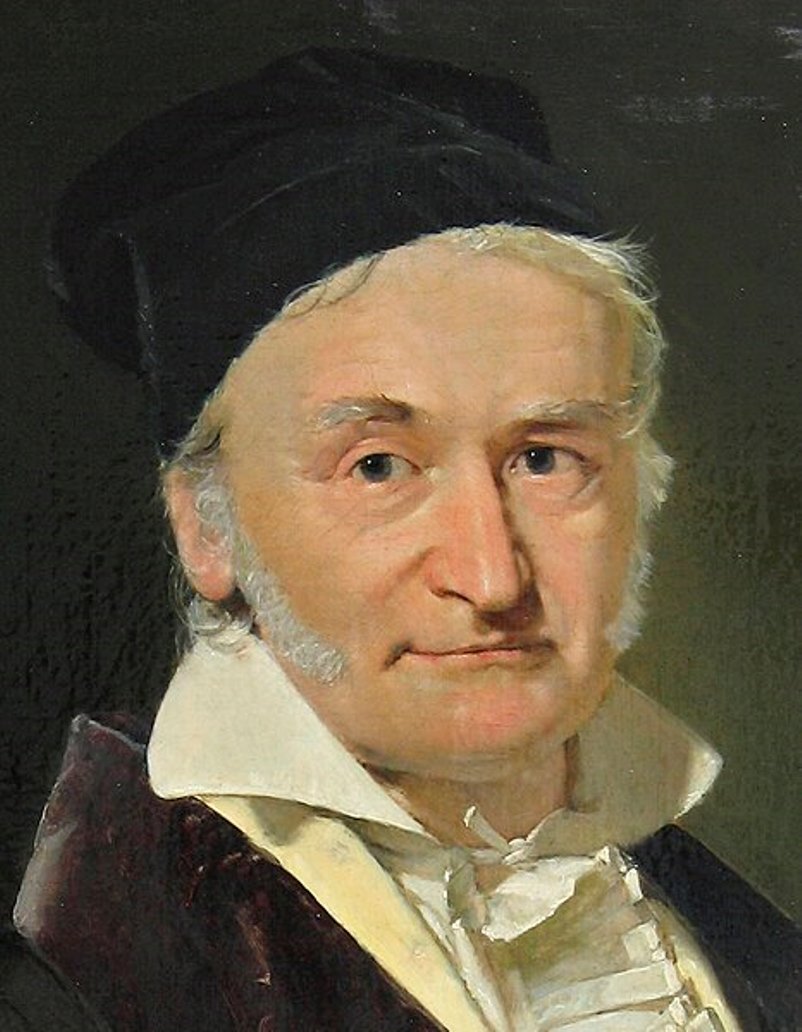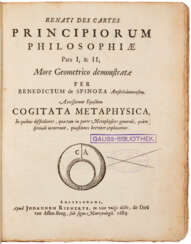бенедикт спиноза (1632 - 1677)

Benedictus Spinoza (Spanish: Baruj Espinosa) at birth Baruch Spinoza is a Dutch philosopher-rationalist of Jewish origin, a bright representative of the Age of Enlightenment.
Spinoza was born into a family of Portuguese Jews in Amsterdam, who converted to Christianity but returned to Judaism. As a young man, he was considered an outstanding Talmudic scholar and a promising religious scholar. But, inspired by the philosophical writings of René Descartes and Francis Bacon, the young philosopher soon fell outside the orthodox tradition because of his radical views. In 1656 he was severely excommunicated for heresy.
For the rest of his life, Spinoza spent his modest life grinding lenses and privately teaching philosophy, but he also wrote anonymously published philosophical treatises and secretly exchanged letters with many philosophically inclined luminaries of the wider European Enlightenment. Spinoza's only book, published in 1663 in Amsterdam under his own name, was Renati Des Cartes Principiorum Philosophiae Pars I, & II, More Geometrico demonstrate (Principles of Cartesian Philosophy). These principles served as a preparatory work for many metaphysical views in his most important treatise, Ethics (1677).
Benedict Spinoza defended the philosophical life from religious persecution and advocated a new, liberal, democratic regime to support that life. Although Spinoza was often persecuted as an atheist in his time, his writings played an important role in shaping philosophy, theology, and politics in the centuries to come. Of all the philosophers of the seventeenth century, Spinoza is one of the most relevant today.


Benedictus Spinoza (Spanish: Baruj Espinosa) at birth Baruch Spinoza is a Dutch philosopher-rationalist of Jewish origin, a bright representative of the Age of Enlightenment.
Spinoza was born into a family of Portuguese Jews in Amsterdam, who converted to Christianity but returned to Judaism. As a young man, he was considered an outstanding Talmudic scholar and a promising religious scholar. But, inspired by the philosophical writings of René Descartes and Francis Bacon, the young philosopher soon fell outside the orthodox tradition because of his radical views. In 1656 he was severely excommunicated for heresy.
For the rest of his life, Spinoza spent his modest life grinding lenses and privately teaching philosophy, but he also wrote anonymously published philosophical treatises and secretly exchanged letters with many philosophically inclined luminaries of the wider European Enlightenment. Spinoza's only book, published in 1663 in Amsterdam under his own name, was Renati Des Cartes Principiorum Philosophiae Pars I, & II, More Geometrico demonstrate (Principles of Cartesian Philosophy). These principles served as a preparatory work for many metaphysical views in his most important treatise, Ethics (1677).
Benedict Spinoza defended the philosophical life from religious persecution and advocated a new, liberal, democratic regime to support that life. Although Spinoza was often persecuted as an atheist in his time, his writings played an important role in shaping philosophy, theology, and politics in the centuries to come. Of all the philosophers of the seventeenth century, Spinoza is one of the most relevant today.





